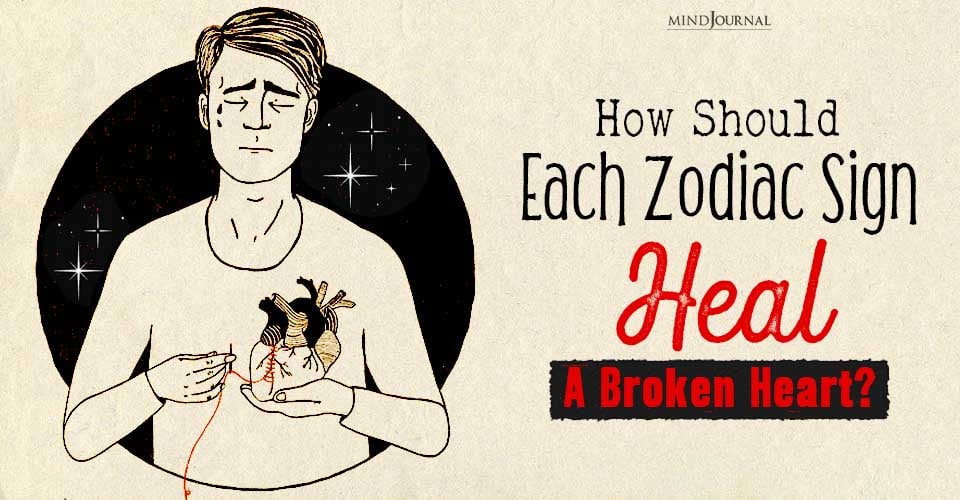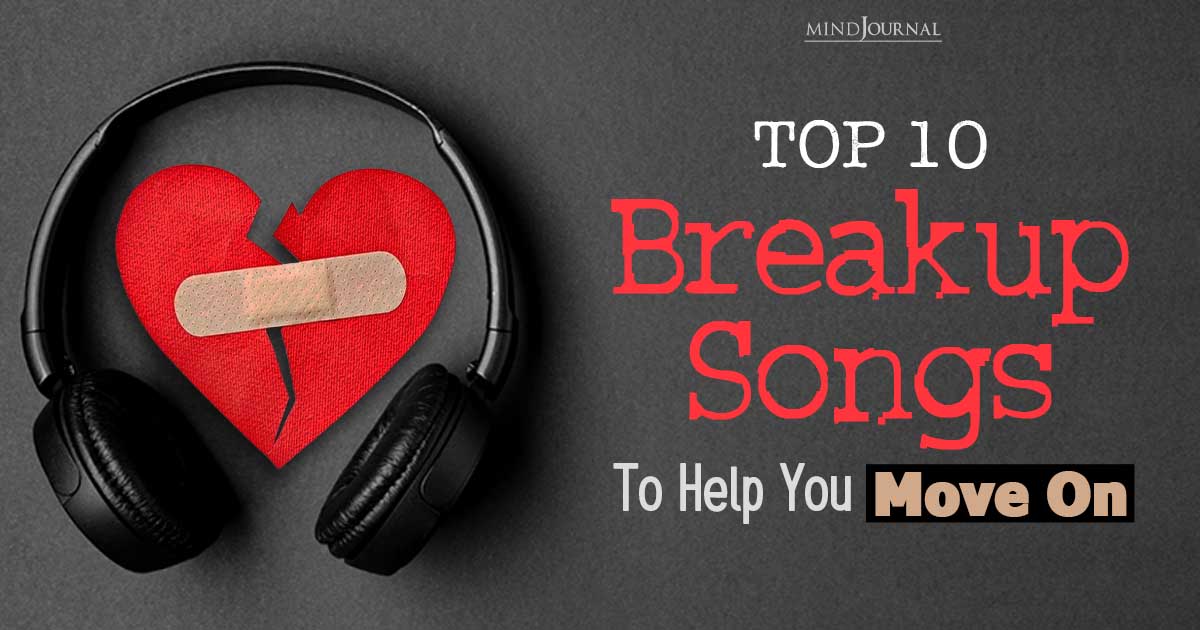Trying to deal with heartbreak is never easy, especially when a breakup blindsides you. Have you ever wondered how others react when their relationship ends unexpectedly?
This article is going to talk about a study that breaks it down — how to deal with heartbreak, from seeking closure to cutting all contact (and even plotting revenge!).
KEY POINTS
- A new study identified 79 ways people respond to an unwanted breakup.
- The most common reactions include sadness, seeking answers, and distraction.
- The least common responses involve aggression and revenge-seeking behavior.
Romantic relationships are fundamental to human bonding, providing emotional support, companionship, and stability. But, the unexpected ending of one, especially when one-sided, can trigger a strong response.
If you’ve ever been on the receiving end of an unwanted break up, remember for a moment how it felt and how you reacted: Did you ever wonder whether your experience was similarly shared by others, or how others might react if they were in your spot?
New research published in Evolutionary Psychology sought to explore just that: how individuals react when a romantic relationship they wish to continue is dissolved by their partner.
By surveying 219 participants (111 women and 108 men, aged 31.2 and 32.2 years, respectively) through open- and close-ended questionnaires, the researchers identified 79 possible reactions to being broken up with.
Related: How A Strong Woman Heals Her Broken Heart Differently
13 Ways People Deal With Heartbreak
These 79 responses were then grouped into the following 13 categories:
1. Trying to Change Their Partner’s Mind
- Tell them not to make rash decisions and to think again.
- Ask them to take some time to reconsider.
- Remind them of everything built together and what would be lost.
- Ask if there is room to change their mind.
- Inquire about possible solutions to avoid the breakup.
- Express love and desire to continue the relationship.
- Request a second chance.
- Attempt to convince them to stay.
- Encourage a discussion about the decision.
- Offer to make changes to improve the relationship.
- Ask if the breakup is due to a solvable problem.
- Highlight the consequences for family, children, and friends.
- Show sadness to influence their decision.
- If children are involved, ask them to reconsider for their sake.
2. Cutting All Contact
- Completely cut off communication.
- Never speak to them again.
- Block them on social media.
- Disappear from their life entirely.
- Destroy or discard anything that reminds them of the ex.
- Try to erase them from memory.
3. Accepting the Breakup
- Respect their decision.
- Accept the breakup with dignity.
- Wish them the best and move on.
- Try to remain calm.
- Accept the breakup without resistance.
- Convince themselves it is for the best.
- Engage in self-reflection about why the breakup happened.

4. Feeling Depressed and Emotionally Devastated
- Experience deep depression.
- Withdraw from social interactions.
- Lose interest in everyday activities.
- Feel psychologically destroyed.
- Experience insecurity.
- Feel like they are “going crazy.”
- Struggle to accept the breakup.
- Blame themselves for the end of the relationship.
- Feel disappointed.
- Experience shock.
- Feel upset.
5. Becoming Aggressive
- Slap their ex.
- Use physical violence.
- Yell, swear, or insult their ex.
- Throw their ex’s belongings on the street.
- Spit on their ex.
6. Distracting Themselves
- Go out more often to keep their mind occupied.
- Engage in hobbies and activities.
- Bury themselves in work to avoid thinking about it.
- Turn to friends for support.
7. Seeking Revenge Sex
- Have sex with others and ensure their ex finds out.
- Seek a sexual relationship with someone their ex knows.
- Jump into a new relationship quickly.
- Look for ways to take revenge.
8. Seeking Closure and Understanding
- Ask for an explanation.
- Demand to know the reason behind the breakup.
- Ask if another person is involved.
- Try to understand the reasons behind the breakup.
9. Seeking Therapy or Professional Help
- Seek counseling to cope with the breakup.
- Suggest couples therapy to try to repair the relationship.
Related: 7 Tips To Help You Heal From A Heartbreak
10. Becoming Angry
- Feel extreme anger.
- Become irritated easily.
- Experience intense rage.
- Feel betrayed.
11. Feeling Deep Sadness
- Feel overwhelmingly sad.
- Experience prolonged emotional lows.
- Feel deeply hurt.

12. Threatening Self-Harm
- Threaten suicide to influence their ex’s decision.
- Consider self-harm.
13. Spying on Their Ex
- Ask mutual friends for updates on their ex’s activities.
- Monitor their ex’s social media movements.
These 13 categories were then further reduced to three main themes, revolving around:
(1) Feeling sadness and distress, where the majority of participants indicated they would experience significant emotional pain, with many seeking answers about why the relationship ended;
(2) Accepting the breakup and moving on, where some preferred to respect their partner’s decision and focus on distracting themselves with other activities, like seeking therapy; and
(3) Displaying aggressive or retaliatory behavior where a minority of participants reported anger, engaging in aggressive behavior, like lashing out at their former partner, or even considering revenge. Thankfully, the third category was much less common.
In the second part of the study, an additional 442 participants were asked to rate how likely they would be to react according to the 79 methods above, while also answering questions about their demographic information.
The most common reaction was feeling sad, followed by asking why and then was seeking distraction, or, occupying their minds with something else.
When looking at gendered differences, most reactions were similar across genders, however men were significantly more likely than women to consider seeking revenge sex after a breakup.
Apart from this, no major gender differences were observed. Thankfully, the least likely reactions included becoming aggressive, and lastly, threatening suicide.
What can we learn from this research? There are a range of emotions and behaviors that follow unexpected break ups. From an evolutionary perspective, the sadness after a breakup which is the most common response can serve an adaptive purpose.
Research has shown that painful breakups can actually lead to great self-growth, including motivating us to reflect and avoid similar mistakes in future relationships, and even encouraging us to seek social support and healing.
Related: 10 Best Movies To Watch After a Breakup
If you have recently gone through a breakup and find yourself struggling, consider seeking support from a therapist, and re-focusing your thoughts on activities that bring you joy while setting boundaries with your ex to help in the healing process.
Breakups can be painful, but understanding how we react can help us navigate the process more effectively.
References:
Apostolou, M., Taliadoros, I., & Lajunen, T. J. (2025). How people react to the termination of an intimate relationship: An exploratory mixed-methods study. Evolutionary Psychology, 19(1), 1–12. https://doi.org/10.1177/14747049241312231
Written By Mariana Bockarova Ph.D.
Originally Appeared On Psychology Today










Leave a Reply